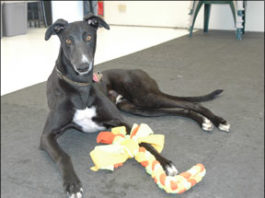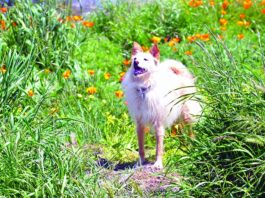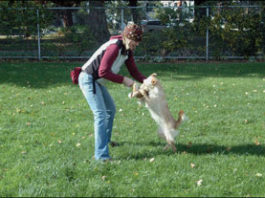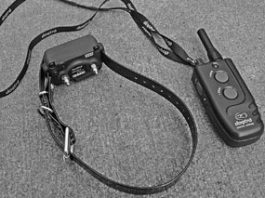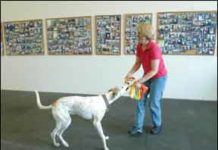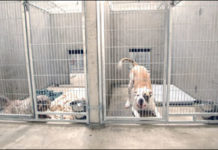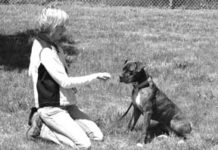A Bond-Based Approach to Dog Training
There is a lot of food for thought in this book. There is much that I find intriguing and would like to pursue, and also much that I disagree with. Arnold criticizes modern trainers for their focus on operant conditioning without acknowledging the great interest force-free trainers have already demonstrated in regard to the concepts of empowerment, choice, and cognition in their training programs. She insists that dogs really are eager to please" their humans an idea I have long argued against. She hasn't convinced me on that topic
5 Ways to Train Without Treats!
Food treats are an easy and effective reward for a dog when training. But food rewards are only one way to build strong behavior. There may be times when you do not want to or cannot use food, and there may be times when the best reinforcement is something other than a hot dog! Here are five great ways to reward your dog when you don't want to reach for the treat pouch.
Building a Strong Positive Training Foundation with Your Dog
volunteers can improve the "curb appeal" of these dogs
Good Books On Positive Training Techniques
The dog training field is now producing a steady stream of books that offer instruction and guidance, and many of them appear to promote dog-friendly training methods. But you can’t always judge a book by its cover! It’s more than disappointing to order a promising volume with a “positive” title, only to discover that hidden within the pages are suggestions to jerk on collars, glare into your dog’s eyes, and worse.
Positive Methods for Obedience Training
How to teach your dog to look to you (literally!) for direction. Look is a combination behavior. It is more than the “Leave it” or “Off.” It is more than the ever-popular “watch me.” It involves the dog breaking eye contact with the arousing object, person, or animal (whatever triggers the dog’s manic behavior); turning his head away from that trigger; making eye contact with you; and holding that eye contact until you give a release signal.
The Four Principles of Operant Conditioning for Dogs
The dog's behavior makes something good happen. Positive
Teaching Fetch Using Positive Reinforcement Techniques
Who has not watched in awe as a Border Collie at a local park sails through the air, snatches a FrisbeeTM in mid-flight and dashes back to her owner, dropping the Frisbee and waiting in eager anticipation for the next throw? Playing fetch with your dog is fun. It’s also a great way to strengthen the dog/human bond, satisfy your dog’s prey/chase instincts, and provide enough exercise to work off that excess energy that can make him a challenge to live with. A formal retrieve is also required for upper levels of obedience competition.
New to Positive Dog Training?
Switching to positive training? At first, it might be frustrating for you – and your dog. The benefits, however, will last a lifetime. In positive training, the goal is to help the dog do the right thing and then reward him for it, rather than punishing him for doing the wrong thing. If he makes a mistake, the behavior is ignored, or excused with an “Oops, try again!” to encourage the dog to do something else.



